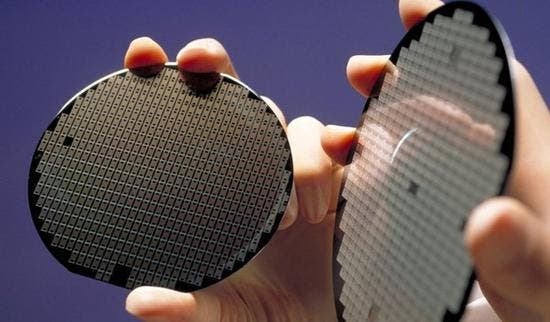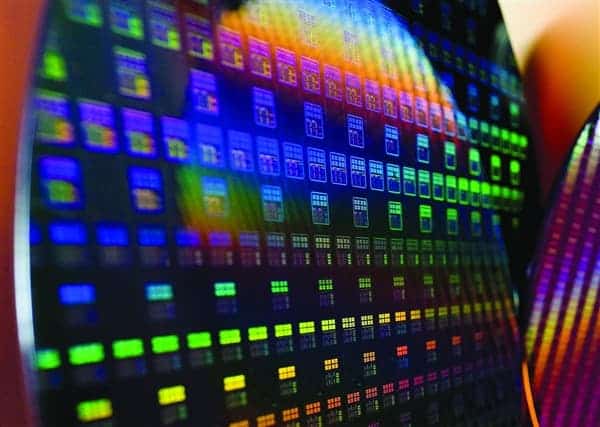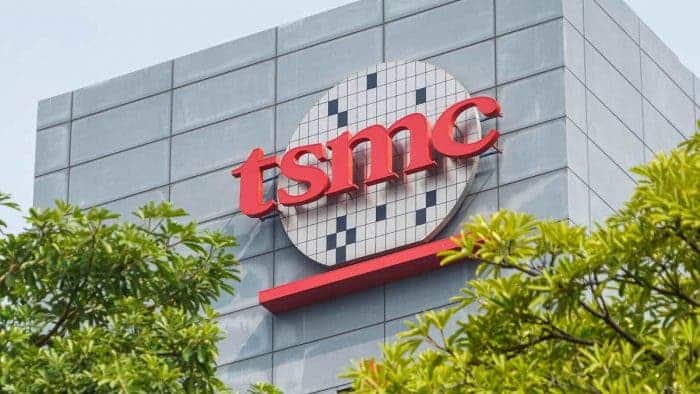According to Taiwanese media reports, TSMC’s 7nm process has more than 1 billion chips. Furthermore, the report claims that this process is an important supporting force for 5G products. To this end, it recently won the “IEEE Enterprise Innovation Award”. TSMC’s chairman, Liu Deyin, claims that the company’s leading technology as well as its professional chip manufacturing service business model is embodied in 7nm technology.

Since its mass production in April 2018, TSMC’s 7nm technology has produced billions of chips for hundreds of products from dozens of customers. Its chips are in every sector of 5G development. They are in artificial intelligence, data centers, intelligent driving assistance systems, and high-performance computing. They are also in 5G communications and smartphones and other key technology areas.
Relying on the successful experience of the 7nm platform, TSMC’s 5nm process is in mass-production. In addition, the company’s 3nm process will start mass-production in 2022. No doubt, TSMC has the most advanced manufacturing process in the world. This company has only one competitor and that is South Korean manufacturing giant, Samsung. However, the Korean manufacturer seems to be in TSMC’s shadows. A major win for Samsung’s 5nm process is its recent order from Qualcomm for the Snapdragon 888 SoC.
Gizchina News of the week

TSMC 7nm process is a huge success
Each 7nm chip from TSMC integrates at least 1 billion transistors. This means that so from the perspective of transistors, the cumulative scale of each chip exceeds tens of billions. As of now, TSMC’s 7nm process is the fastest generation with the fastest increase in production capacity.
In chip production, issues of defects are quite common. You can only eliminate these issues by continuous production. TSMC has produced so many 7nm chips that it does not have to worry about defects any more. At this point, TSMC believes that its advantages surpass other semiconductor manufacturers.
The Taiwanese manufacturer also revealed that it is the first to introduce EUV (Extreme Ultraviolet Lithography) technology into 7nm commercial production. This is a very important stepping stone to the production of the 5nm process.
Today, 7nm is also applicable in the field of auto-driving cars with extremely demanding safety requirements. In addition, TSMC pointed out that an improved version of 6nm (N6) based on 7nm has also been introduced into mass production, and the transistor density has increased by nearly 20%.





